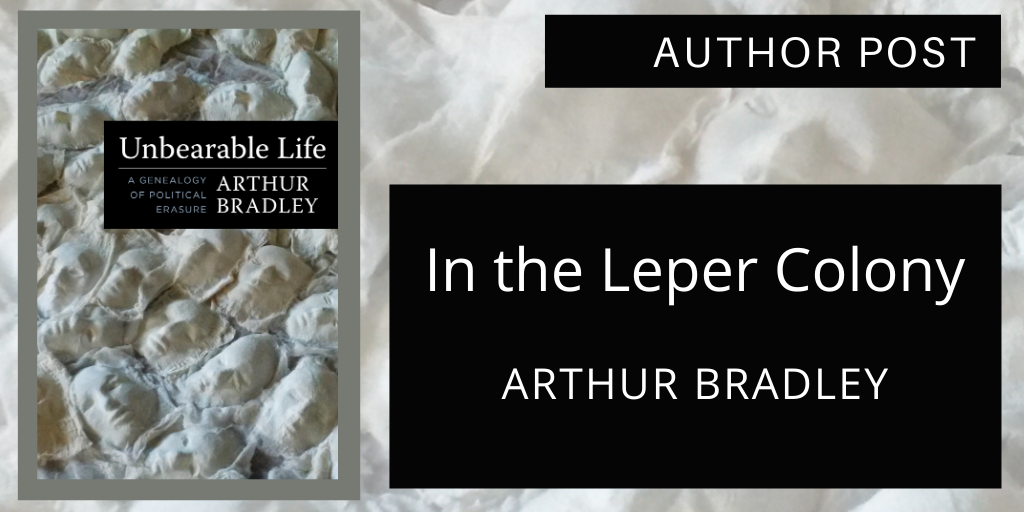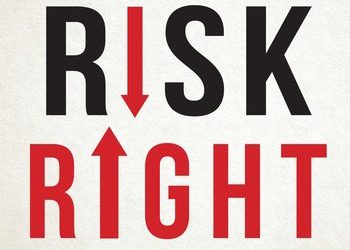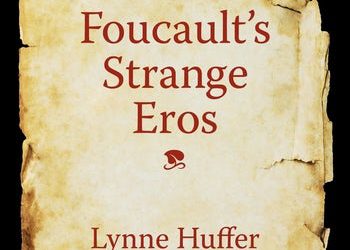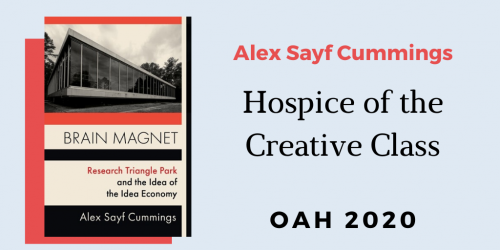In the Leper Colony
By Arthur Bradley

“A conceptual passage of extreme interest that, by rethinking the performative role of negation, widens the boundaries of political ontology. The sources used—ancient, modern, and contemporary—place this work at the center of current philosophical and political debate.”
~Roberto Esposito, author of Immunitas: The Protection and Negation of Life
Arthur Bradley, author of Unbearable Life: A Genealogy of Political Erasure, draws on his work to discuss how Michel Foucault’s account of plague towns connect to today’s COVID-19 pandemic.
If you enjoy what you read, make sure to enter our drawing for a chance to win a copy of Unbearable Life.
• • • • • •
In a famous passage from Discipline and Punish, Michel Foucault describes a quarantine in a seventeenth-century town hit by plague. To combat the chaos, the civil authorities imposed a state of total order: the town would effectively be transformed into “a segmented, immobile, frozen space” in which “every individual is fixed in his place.” If a person moves, “he does so at the risk of his life, contagion or punishment.” This early modern version of what Foucault calls a “serrade,” or “lock-up,” would be accompanied by a system of “permanent surveillance” from top to bottom, whereby “each individual is constantly located, examined and distributed among the living beings, the sick and the dead.” In this way, the plague-stricken town perversely becomes the “utopia of the perfectly governed city.”1
“Foucault’s account of early modern plague towns carries disturbing parallels with the plague world we have been living in since the COVID-19 outbreak.”
To be sure, Foucault’s account of early modern plague towns carries disturbing parallels with the plague world we have been living in since the COVID-19 outbreak—not just because we too are subject to a regime of quarantine, confinement, and surveillance, but also because that regime is, at bottom, a process of what Foucault calls “subjectivation.” For Foucault, biopolitics is never about the negation of the subject, but about their production, “the assignment to each individual of his ‘true’ name, his ‘true’ place, his ‘true’ body, his ‘true’ disease.”2 If we reflect on the rhetoric of our political leaders during the COVID-19 crisis, we find a similar attempt to posit a certain “truth” of what it means to be a citizen. In telling us to “stay at home,” “self-isolate,” and “socially distance” ourselves, the state quite literally individualizes us: we are commanded, on pain of death, contagion, or punishment, to become private, self-sufficient—in short, modern—subjects.
If Foucault’s reading of the plague town has become an essential resource for anyone thinking through the political implications of COVID-19, it is seldom observed that Discipline and Punish also recalls a much more ancient site of contagion: the leper colony. To remember Foucault’s intriguing claim here, the leper was apparently subject to a very different regime of power to the plague victim. Lepers were permanently exposed rather than permanently confined; cast out rather than immobilized; concentrated rather than isolated; massified rather than individualized; unrecognized rather than surveilled; rendered, in short, a species of non- or un-subject. In the modern political imaginary, he concludes, the leper colony becomes something like the photographic negative of the plague town: “The image of the plague stands for all forms of confusion and disorder; just as the image of the leper, cut off from all human contact, underlies projects of exclusion.”3
“The modern leper colony is no longer outside the walls of the city but inside—its occupants lead lives that are not properly individuated or recognized within our political systems and so their deaths go uncounted in our mortality curves.”
Who, though, might be the equivalent of the “leper” in our own modern plague town? To answer this question, we perhaps need only think of the many people living among us who cannot “stay at home” because they are homeless, who cannot “socially distance” themselves because they do not participate in public space or social life, and who cannot “self-isolate” from family or community support networks because they are cut off from all human contact. It is enough to open the newspaper to be confronted with stories of such (non-)lives: the homeless, the elderly or disabled housebound, residents in care homes, inmates in prisons, and undocumented migrant populations. As these examples demonstrate, the modern leper colony is no longer outside the walls of the city but inside—its occupants lead lives that are not properly individuated or recognized within our political systems and so their deaths go uncounted in our mortality curves. If I can cite just one specific case here, Maya Goodfellow reports in The Guardian of the plight of many undocumented migrants in the UK who, under current immigration legislation, are not permitted to work, are unable to access public funds, and are too scared to seek medical care from the state—and so they face the threat not just of COVID-19 but also of starvation. In the words of Abanda, a refused asylum seeker who advocates for migrant rights, “I haven’t seen anything addressed to us. I don’t think we exist.”4
“In the modern leper colony, political power over life and death reveals itself not just in the metrics of rising mortality rates but in the mass deaths that will never be counted.”
In my book Unbearable Life: A Genealogy of Political Erasure,5 I offer a history of this abject state of political erasure or nonexistence from ancient Rome to the present day. To be precise, I argue that political power is neither the power to “make die and let live” (as the famous ancient Roman formula puts it) “nor the power to make live and let die” (as Foucault’s famous biopolitical reversal of the Roman dictum puts it), but rather the power to make life neither live nor die—to make it, in Abanda’s words, simply nonexistent. It is to the later Foucault of “Society Must Be Defended” that we owe this disturbing insight. For Foucault, the classical sovereign actually saw the subject as “neither dead nor alive” and it is only “thanks to the sovereign that the subject has the right to be alive or, possibly, the right to be dead.”6 If we return to where we started, we might say that the modern political state finds its paradigm not only in the perfectly self-enclosed, internal space of Foucault’s plague town—and in Giorgio Agamben’s equally regulated concentration camp—but in the absolute, undifferentiated “outside” of the leper colony: “the leper was caught up in a practice of rejection, of exile-enclosure; he was left to his doom in a mass among which it was useless to differentiate”7 In the modern leper colony, political power over life and death reveals itself not just in the metrics of rising mortality rates but in the mass deaths that will never be counted.








